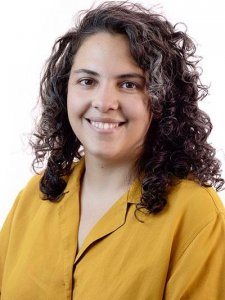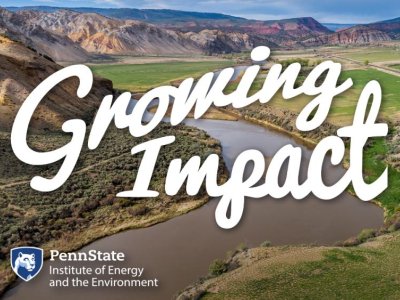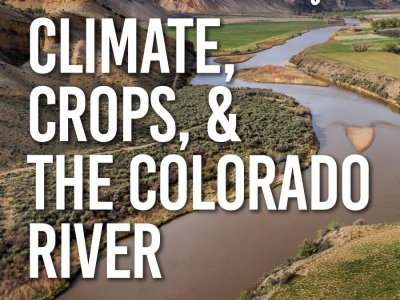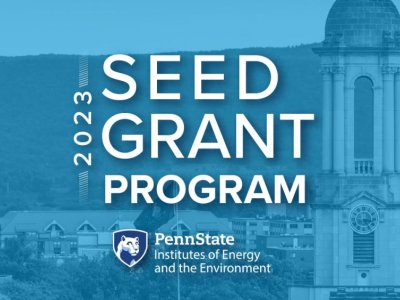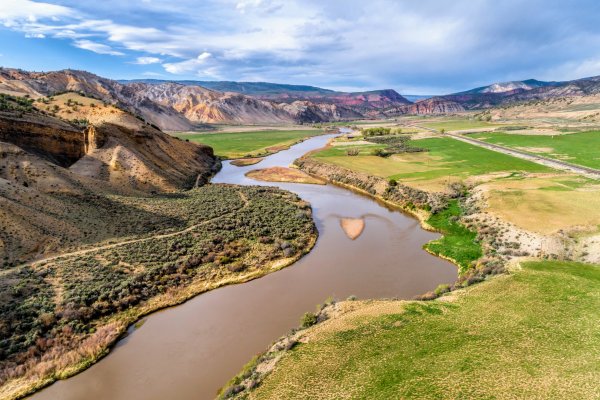
Hydroclimatic changes have already significantly affected water supplies in large parts of the United States and particularly the Southwest. These impacts are perhaps most severely experienced by the agricultural sector, which is affected by the compound stressors of higher temperatures, reduced rainfall, lesser streamflow, and earlier snowmelt. At the same time, the sector has been adapting by switching to less water-intensive crops and using more efficient irrigation methods. Even though these adaptive behaviors are applied with the intention of increasing water availability, they might have unintended consequences to downstream uses of water that rely on critical return flows, i.e., water not taken up by crops upstream.
The proposed project will examine how the presence of these compound hydroclimatic stressors may interact with agricultural adaptation to shape impacts and tradeoffs between water users in a subbasin of the Upper Colorado River Basin within the state of Colorado. To answer these questions, we will be developing new capabilities in synthetic weather generation and improved agricultural modeling, which will be brought together to quantify climate impacts on crop needs and the effects of irrigation adaptation to water availability. This capacity development will enable us to apply for longer-term funding to pursue more ambitious science questions, such as understanding the potential future consequences of extreme droughts in the region more broadly and capturing multisectoral interactions between water and agriculture in the Colorado River as a whole.
Researchers
Meetpal Kukal


